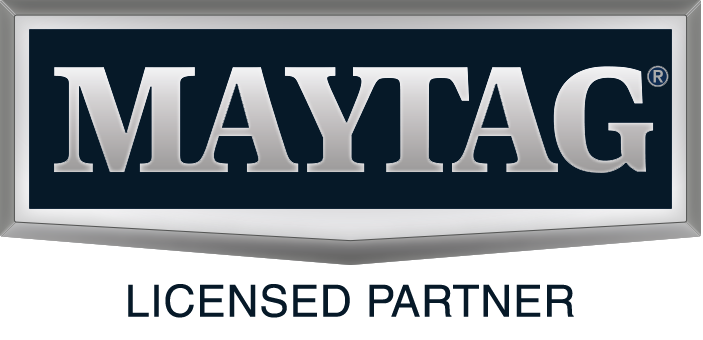Five common HVAC misconceptions
 There is a lot to know when it comes to operating your heating and cooling system. From operation to efficiency, there are many things that will affect your satisfaction with your home comfort unit. There’s also a lot of advice out there. And, it can be hard to separate what is true from what is false.
Here are five common misconceptions about heating and cooling that you may have thought were true, but are actually false.
There is a lot to know when it comes to operating your heating and cooling system. From operation to efficiency, there are many things that will affect your satisfaction with your home comfort unit. There’s also a lot of advice out there. And, it can be hard to separate what is true from what is false.
Here are five common misconceptions about heating and cooling that you may have thought were true, but are actually false.
- Air handlers are the same as electric furnaces. Because they are similar looking to furnaces and are located in the same places as a furnace, air handlers are sometimes misidentified as electric furnaces. Yes, most air handlers do contain electric backup heating, but this is different from electric furnace heating.
- Closing doors is an effective form of temperature control. All heating and air conditioning systems are sized to heat and cool a certain amount of square footage. When you close doors, your heating and air conditioning system is still programmed to deliver a certain amount of air throughout your home. In the long run, this can affect HVAC system performance and home comfort. This goes for registers as well. If you DO want room-by-room temperature control, a zoning system is the best way to go.
- Air conditioners are the best option for homes in the North. This is particularly true if you live further north. A heat pump may not seem like the most economical heating method for homeowners who frequently see temperatures south of freezing, but electric heat transfer during spring and fall can actually be beneficial (depending on utility prices in your area). So, before you default to an air conditioner, make sure you discuss your options with your heating and cooling contractor.

- A warmer thermostat temperature will heat your home faster. All a warmer temperature setting will achieve is a higher utility bill. Again, your heating and air conditioning system is designed to deliver a certain amount of air to your home at any given amount of time. As a result of a higher temperature setting, your equipment will run longer and drive up utility costs.
- Turning your system off when you’re not using it is always a good idea. When you turn your system on and off, it actually consumes more energy. It is actually a better idea to invest in a unit hat modulates or has the ability to run longer at lower intervals. This way your unit doesn’t go through as many energy-guzzling on and off cycles. Even better, invest in a programmable thermostat that will run based on your schedule. This way you can experience prime comfort levels when you need it most.

Great list, more people need to know these things. I feel like I’m always getting nitpicked by my SO about turning off the system, when it doesn’t even matter!